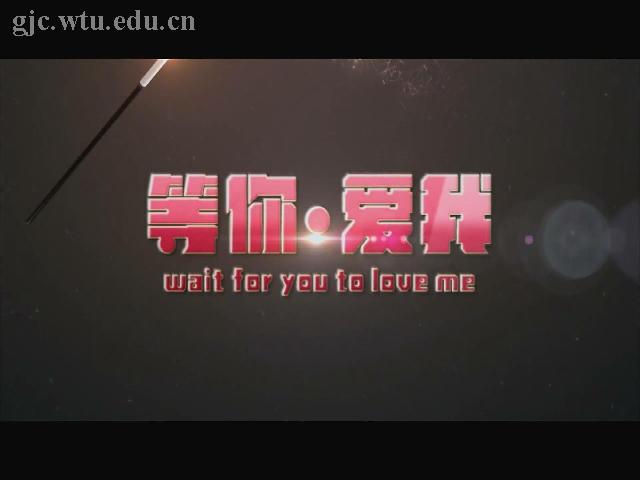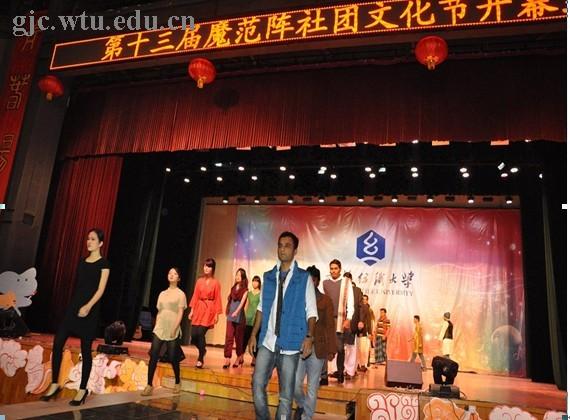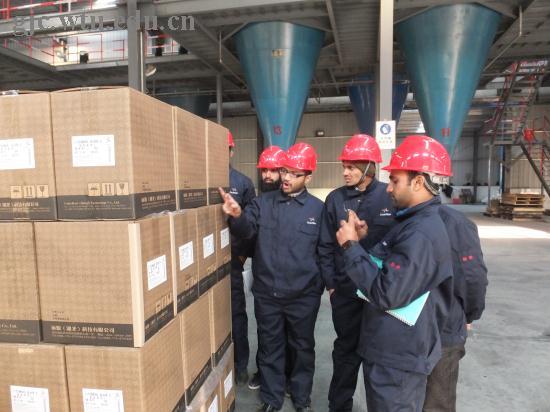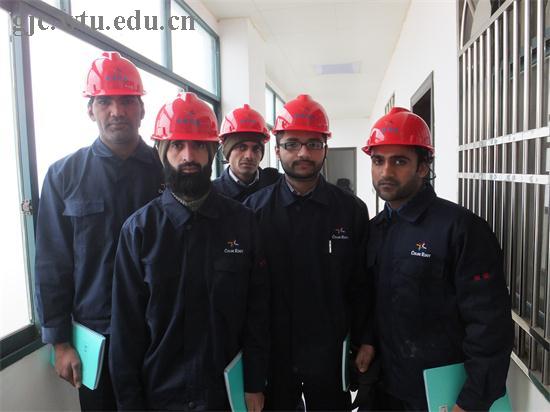On the 29 of November the International exchange center of Wuhan Textile University hold the activity with foreign students, professors and volunteers, devoted to the Poetry of Chairman Mao.
The head of the department - Lin Li presented to us some interesting facts of the Chinese History and the biography of the founder of the Communist Party – Chairman Mao.
The texts of poems were printed on the papers in the English, Chinese Han characters and Pinyin language. Everybody can see the meaning of this or that Han character, study the correct pronunciation of words and rhymes of the poems, to learn how to use these easy words in everyday life.
These activities are very useful for foreigners; we can better understand the poetry and music tunes of Chinese language, and to admire its nature and history.
Together with Lin Li we repeated the Han characters and words and of the poems. We liked all poems, which describe the feeling of the Chairman Mao in different periods of his life.
“ODE TO IMPATIENS BALSAMINA”, which was written around 1907-1908, is a very popular poem in all countries. It inspires people to be tolerant to each other and to live in consonance and peace with the nature and world, to work hard and make our Earth the better place to live in. The meaning of the words in this poem was distinctly explained to us, so we could learn some of the Han characters. It was amazing affair to pronounce aloud the pinyin of the poem’s words correctly together with Chinese teacher, trying remembering them.
Such poems as “CHANT OF HEAVEN WELL”, “PLEASURE IN CULTIVATION”, “TO MY FATHER” and “ODE TO THE FROG” were thoroughly analyzed by the audience. Thus in the further poems - “THE SPRING REFRESHING THE GARDEN”,”THE BODHISATTVA SAAGE THE YELLOW CRANE TOWER” – we could find the familiar words and pronounce them more confidently.
The melody and deep thoughts of the chairman Mao poems, as well as his life, attracted our attention, and encouraged us to read more of his literary works.
We are grateful to Lin Li for such an interesting lecture.
Tatyana Merkulova,






